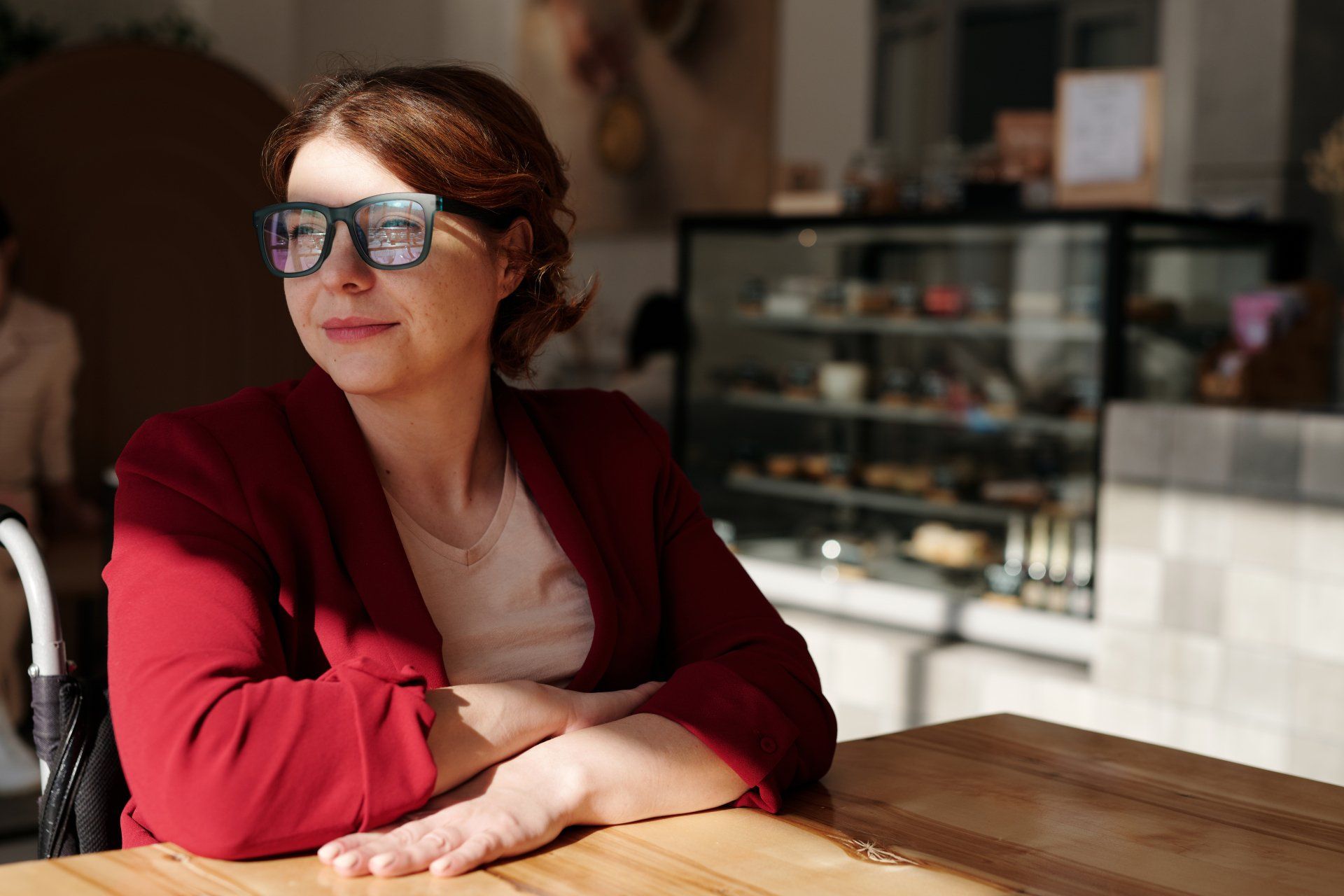*As a Caregiver to my mom, this BLOG has a personal meaning to me. I know that without the Nikken technologies, this would be a lot more difficult. Please reach out to me in any way you feel comfortable to chat about your situation. I am happy to listen. *
Most of us take care of others in one way or another. It comes naturally, especially when living in a household with various generations represented. Then there are people who take care of someone full time, either as a family member or as a professional caregiver.
Family caregivers are generally relatives who provide emotional, financial, nursing, social, homemaking and other services on a daily or intermittent basis for an ill or disabled loved one at home. Professional caregivers are paid to provide either medical or non-medical care in a home or a facility.
Taking care of someone who is disabled or ill is stressful and takes a toll both physically and mentally on the caregiver. Studies consistently report higher levels of depressive symptoms and mental health problems among caregivers than their non-caregiving peers.1 Caregivers have high levels of stress, and study participants described feelings of frustration, anger, guilt and helplessness as a result of providing care.2 Caregivers are also at greater risk for the development of cardiovascular syndromes such as high blood pressure or heart disease—this may be the result of having to constantly respond to the demanding needs of the “patient.”3
What can you do to take care of yourself so that your own health does not deteriorate from the pressures of being a full- or part-time caregiver? The main thing is to take time for yourself, to relax and center yourself.4 What that entails is really up to you. It might be exercising before assuming caretaking duties or taking time out to meditate. It could even be having a short conversation with a friend. According to psychologist Susan Pinker, “Face-to-face contact releases a whole cascade of neurotransmitters, and they protect you now, in the present and well into the future.”5 When you can’t meet for a heart-to-heart chat, consider FaceTime, Zoom, Skype and other apps.
Caretaking can be heartbreaking and all-consuming. Caregivers therefore are less likely to participate in their own Active Wellness as they try to help their patients above and beyond anyone else. They are less likely to engage in preventative health behaviors, such as getting regular checkups, eating nutritious meals and regularly exercising. In fact, those are the exact behaviors that can help caretakers manage their own health properly.
Whether you personally are a caretaker or know someone who is, Nikken has been a pioneer in the Global Wellness Community for decades and continues to offer solutions that help maintain physical and mental well-being. The entire range of Kenzen organic nutritional supplements, Kenko products that promote rest and relaxation and Kenzen personal care designed specifically to help maintain hygienic living can help caretakers take care of themselves.











